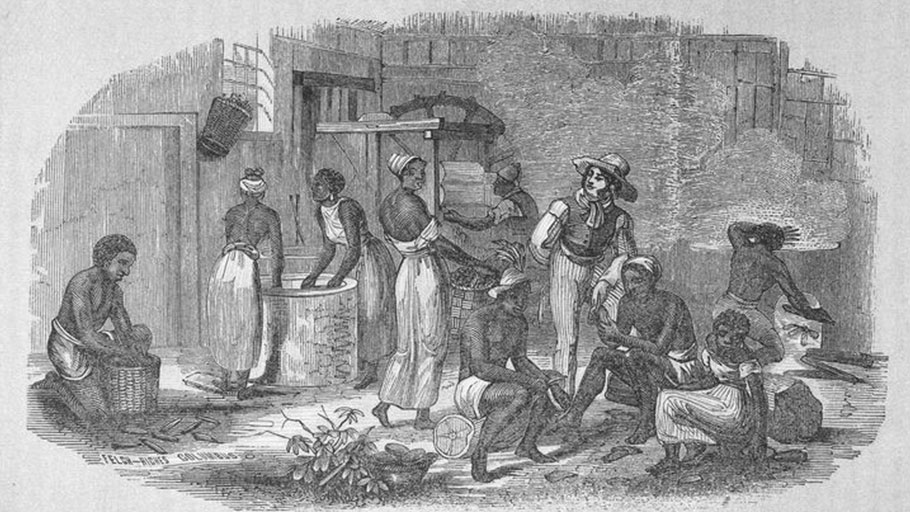
By Calvin Schermerhorn, African American Intellectual History Society — This is an excerpt from Calvin Schermerhorn’s Unrequited Toil: A History of United States Slavery (Cambridge University Press, 2018). This excerpt…

By Calvin Schermerhorn, African American Intellectual History Society — This is an excerpt from Calvin Schermerhorn’s Unrequited Toil: A History of United States Slavery (Cambridge University Press, 2018). This excerpt…
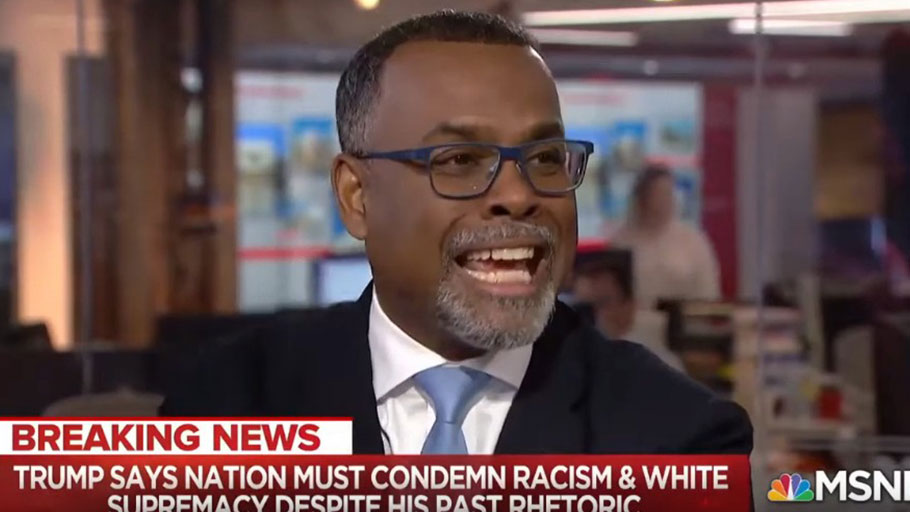
‘This Is Us’: In Wake of El Paso, Eddie Glaude Delivers ‘Incredibly Powerful’ Statement on US History of Racism and Violence—And You Can’t Just Blame Trump By Jon Queally —…
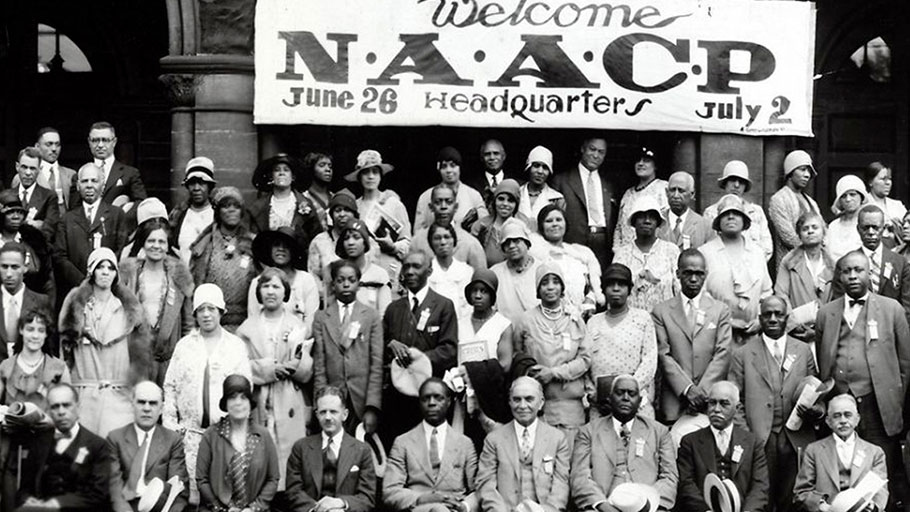
By Stacy M. Brown, NNPA Newswire — The NAACP plans to highlight 110 years of civil rights history, and the current fight for voting rights, criminal justice reform, economic opportunity…
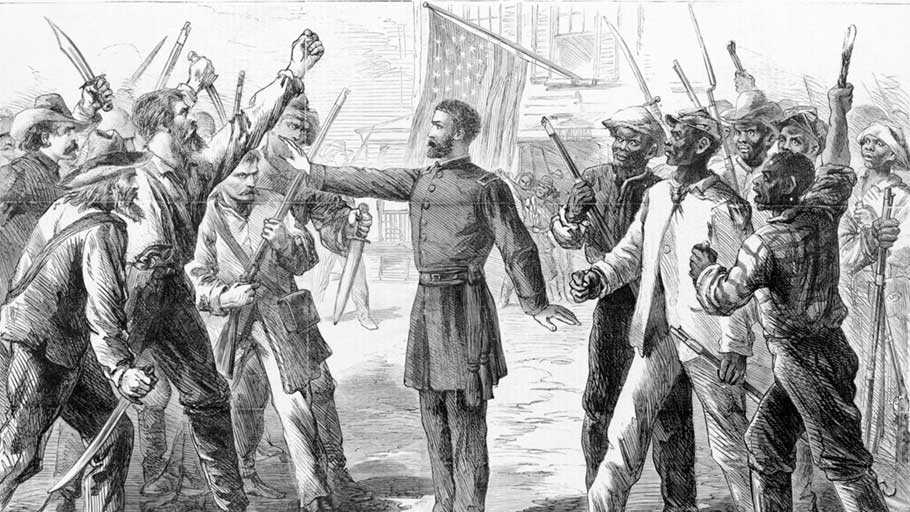
H.R. 40, the bill for a commission to study reparations, can help fulfill the promise of “40 acres and a mule.” By Taru Taylor, Truthout — The U.S. government was on the wrong side of history when they reneged their promise of “40 acres and a mule” to formerly enslaved Black Americans in 1865. Exactly 154 years later, let’s pass H.R. 40, the bill for a commission to study reparations, and…
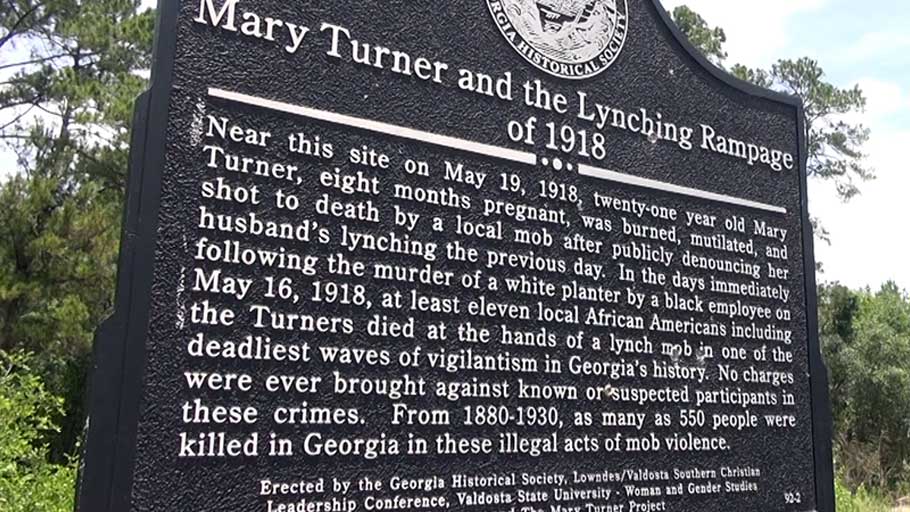
By Julianne Malveaux — Mary Turner was lynched on May 19. 1918 because she dared raise her voice. Her husband, Hayes Turner, was among 13 people lynched in two weeks in and around Valdosta, Georgia. The lynchings took place because one brutal white man, who was known to abuse workers so severely that he was only able to attract workers by getting them through the convict labor system, beat the…
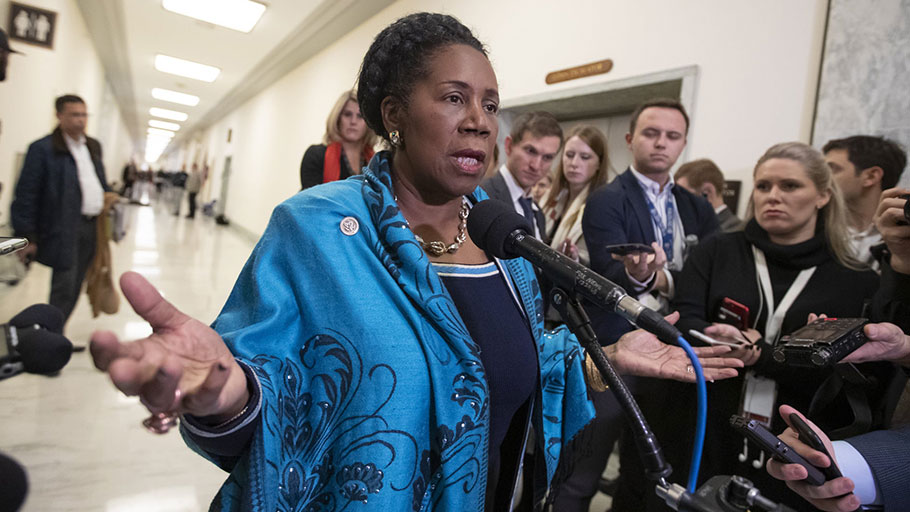
By Susan Neiman, Los Angeles Times — Born as a white girl in the segregated South, I’ve spent most of my adulthood as a Jewish woman in Berlin. This double perspective has fueled my resolve to explore America’s fraught relationship with its history. It is easy to point to the differences between the Holocaust and the enslavement and abuse of millions of Africans. When examining possible responses to these crimes,…
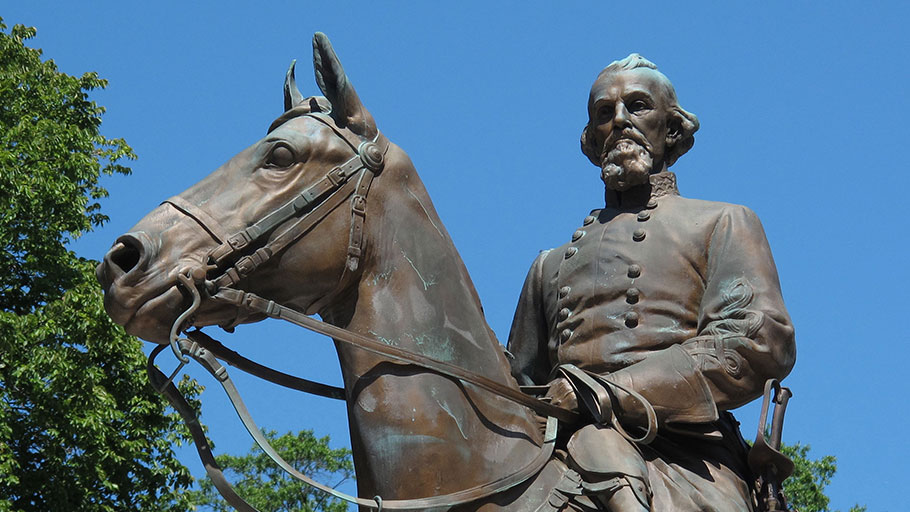
By Keisha N. Blain, The Washington Post — Honoring a former Confederate general and KKK grand wizard in 2019 is outrageous An obscure Tennessee law required Gov. Bill Lee to declare this past Saturday “Nathan Bedford Forrest Day” to commemorate the Confederate general and Ku Klux Klan leader. But Lee went further, admitting he had not even considered whether the law should be changed. His actions drew sharp criticism from politicians throughout…

Beto O’Rourke says he is descended from slave owners, supports reparations to unite ‘two Americas’. By Vandana Ravikumar, USA Today — The former House representative from El Paso, Texas, published a Medium…
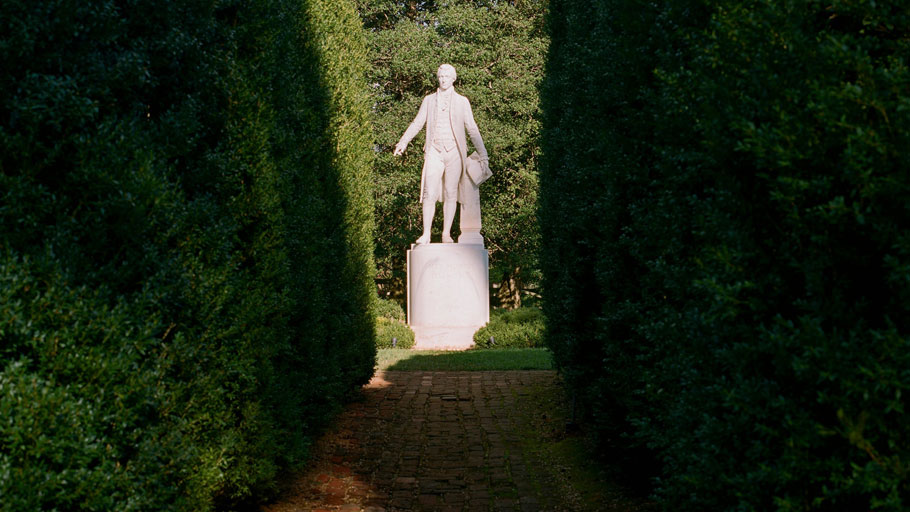
A small African-American community has existed less than 10 miles from the president’s former plantation for generations. Only recently has the full extent of their relationship been revealed. By Audra D. S. Burch, The New York Times — CHARLOTTESVILLE, Va. — So many Monroes in rural Albemarle County remember the moment they asked a parent or grandparent if they were somehow connected to the nation’s fifth president, James Monroe. The…
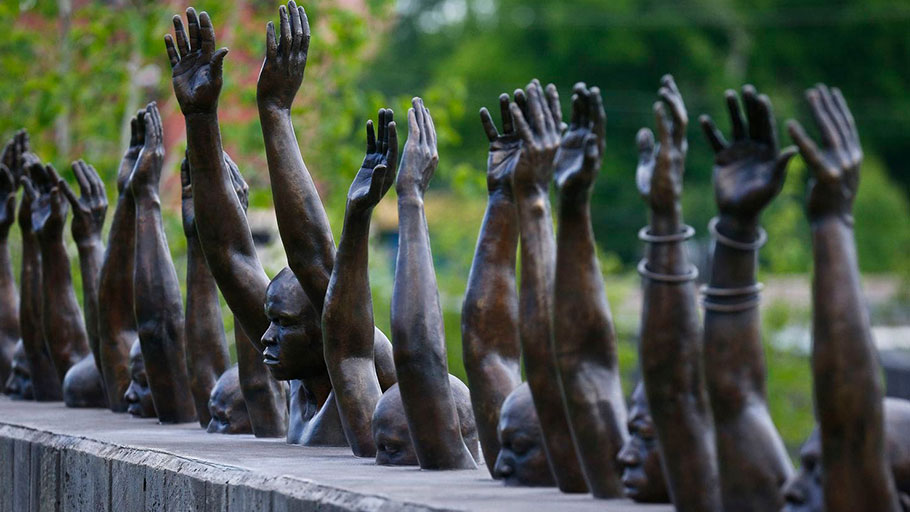
By Michael Gerson, The Washington Post — The national debate on race — which the president has made more angry and urgent with his racial demagoguery — is hindered by imprecise language. Most whites do not feel personally guilty for the United States’ long history of imposed white supremacy. A white man who has lost his job at the coal mine, or the daughter of a recent Ukrainian immigrant, probably…
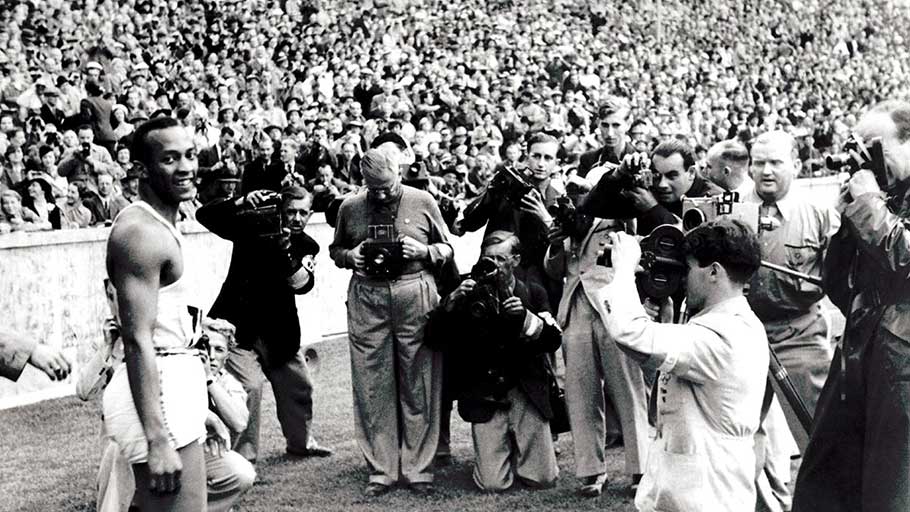
How the Nazi persecution of Jews shaped the African-American freedom struggle. By Clive Webb, History Today — Martin Luther King delivered his celebrated ‘I Have a Dream’ speech on 28 August 1963 at the March on Washington. Less well known is that one of the other speakers that day was Rabbi Joachim Prinz, a political émigré who had fled Nazi Germany in the 1930s. His presence at the march demonstrated…
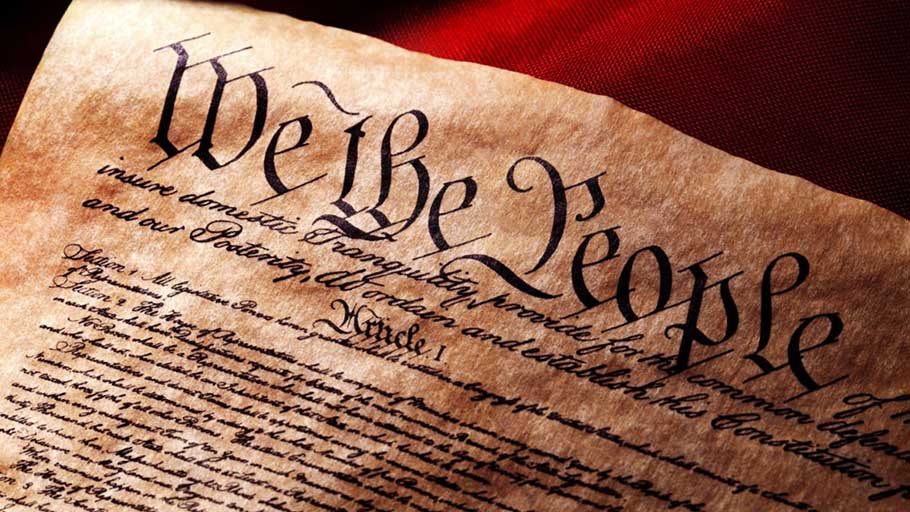
We can embrace the underlying spirit of the Declaration of Independence but also learn from its shortcomings. By Matthew Rozsa, Salon — It is painful to write about the shortcomings…